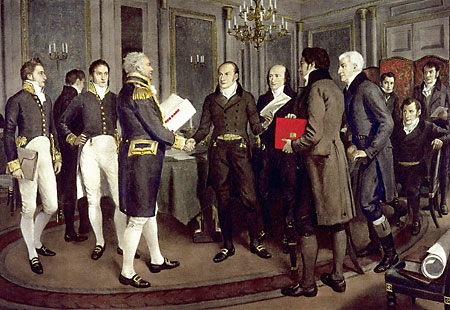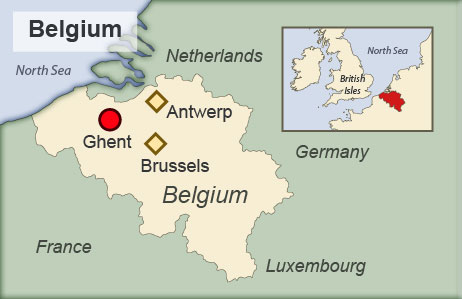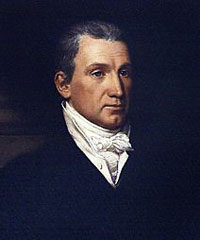Changes in the Nation
By 1814, both the British and the Americans realized there was not going to be any real victory on either side and the fighting should stop. On December 24 of that same year, representatives met in Belgium to sign the Treaty of Ghent, which officially ended the war.


 After the fighting had stopped, 1815 marked a year of great change, as the nation experienced a post-war economic boom. In an attempt to deal with the finances, in 1816, Congress created the second Bank of the United States. 1816 was also a year of political change for America. Republican James Monroe had been elected as the fifth President of the United States. The nation seemed to once again be booming until 1819, when the country’s first depression, or severe economic downturn, hit.
After the fighting had stopped, 1815 marked a year of great change, as the nation experienced a post-war economic boom. In an attempt to deal with the finances, in 1816, Congress created the second Bank of the United States. 1816 was also a year of political change for America. Republican James Monroe had been elected as the fifth President of the United States. The nation seemed to once again be booming until 1819, when the country’s first depression, or severe economic downturn, hit.
This period in history is commonly referred to as the Panic of 1819. It began when London banks demanded that American banks pay money that they owed the British. As a result, the American banks began demanding money from settlers that had borrowed the money. Creditors that owed large sums of money found that experience ruined them financially.